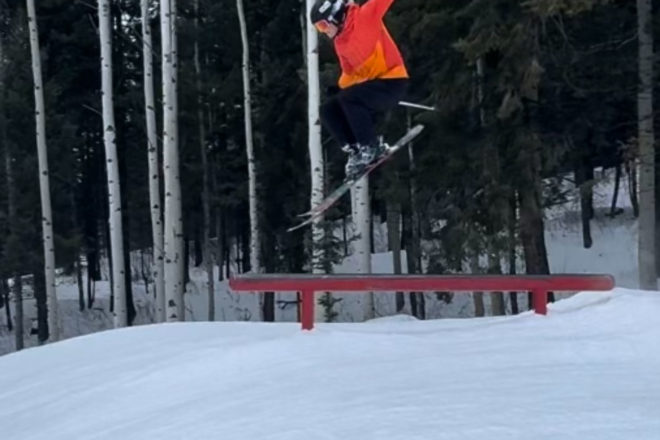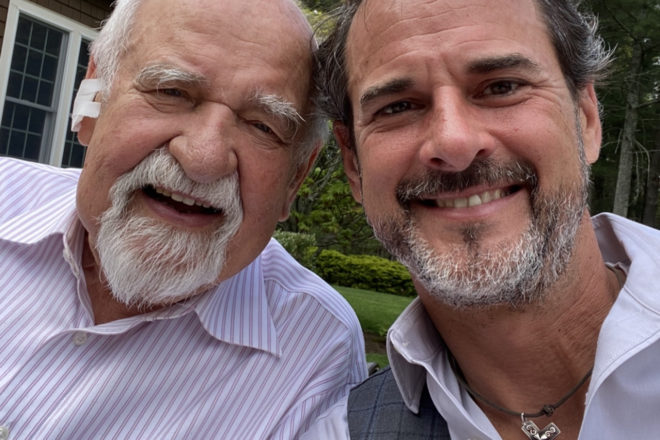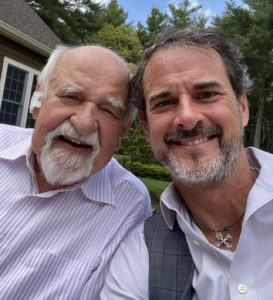
Podcast: Play in new window | Download


Podcast: Play in new window | Download


Podcast: Play in new window | Download
I think of this stage of parenting as motivational interviewing…. and a literature review.


Podcast: Play in new window | Download


Podcast: Play in new window | Download


Podcast: Play in new window | Download
1) From Cell Host and Microbe – “The microbiomes of cesarean-born infants differ from vaginally delivered infants and are associated with increased disease risks. Vaginal microbiota transfer (VMT) to newborns may reverse C-section-related microbiome disturbances. Here, we evaluated the effect of VMT by exposing newborns to maternal vaginal fluids and assessing neurodevelopment, as well as the fecal microbiota and metabolome. Sixty-eight cesarean-delivered infants were randomly assigned a VMT or saline gauze intervention immediately after delivery in a triple-blind manner…… and much more about the cutting edge science of today. Also a piece on napping followed by the recipe of the week.
Enjoy,


Podcast: Play in new window | Download
Mental Health and Sleep for teens and college students, Mother’s Day and a poem about mothers.


Podcast: Play in new window | Download